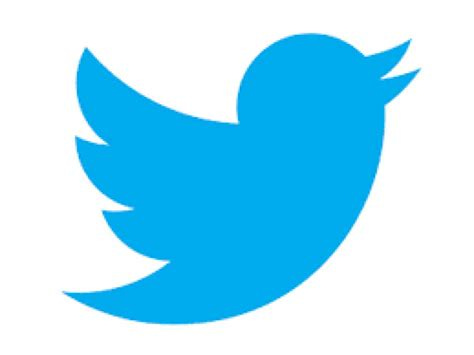COVID and government and politics
How a country or state treats its citizens makes a big difference when it comes to COVID disease and mortality
Last week, I wrote about what science has told us about the coronavirus and COVID-19. This week, I take a look at government, politics, and the outcomes those two have for COVID-19.
Governments across the globe have had a wide array of responses to the pandemic; so where you live makes a big difference in your chances of catching COVID and dying of COVID. Also, the existing healthcare systems in each country have made for profound differences in the death rates from COVID. James Chalk, writing in the Journal of Global Faultlines, looked at the outcomes of the pandemic across the globe. He found that the pandemic was milder in countries with liberal democracies and authoritarian governments, but found disturbing outcomes for neoliberal countries, such as Britain and the United States. He says:
Broadly speaking, the least neoliberal countries in the world have come through the pandemic in better shape. The impact of neoliberalism on healthcare systems has resulted in a deterioration of healthcare services. Neoliberal restructuring has generally focused on profit rather than healthcare indicators. This neoliberal approach has had a detrimental effect both on access to healthcare services and on the quality of what is affordable for many people.
Chalk points out that the pandemic has exacerbated the already Big Brother restrictions and monitoring of each Chinese citizen. Those ordered to isolate have alarms on their doors and are video monitored inside their homes. Other governments, such as Poland, which have turned away from democratic principles, have used the pandemic as an excuse to restrict press freedoms and make other restrictions on their citizens. Despite the crackdowns on freedoms, the measures don’t always lead to reduced COVID numbers.
A student of International Relations at Keele University, Chalk holds up Germany as an example of a country that is based on liberal democratic principles. Germany has experienced the lowest rates of COVID infection and death among major industrialized countries. German residents benefit from a well-functioning healthcare system. Nationwide, Germany has 33.9 intensive-care beds per 100,000, almost four times that of the United Kingdom, which has 10.5 per 100,000. There has also been widespread testing for the coronavirus, and Germans have largely observed their country’s social distancing guidelines.
The rates of COVID in the U.K. generated headlines over the past two years. Chalk blames the Thatcherite neoliberalism that has dominated that country’s politics over the past 40 years, particularly the austerity measures the country has enforced over the past decade. There is a shortage of doctors and nurses, with more than 40,000 vacant nursing positions across the National Health Service. The U.K. has one of the lowest levels of doctors and nurses per capita than almost any other western country. There are shortages of hospital beds and equipment, too.
We in the United States have suffered the most from COVID. Of the 5.6 million deaths worldwide, more than 860,000 have been in the United States. That is 15 percent of the world’s COVID deaths, while the U.S. has only 4.25 percent of the global population. Chalk reminds us that this number exceeds the combined number of American deaths from World War I, World War II, the Korean War, the Vietnam War, the Afghanistan War, and both wars with Iraq.
While Obamacare increased access and affordability of healthcare, many in this country are still uninsured or have difficulty affording healthcare. The greatest detriment to the U.S. healthcare system, historically, has been the extreme inequity in access. As other countries established national health insurance programs after WWII, the U.S. remained an outlier.
Harry Truman tried to institute a national health insurance system, but the American Medical Association campaign successfully against it. And the bill lacked support from the Dixiecrats in Truman’s own party. If national healthcare were to be universal, it would include Black people, which they found objectionable.
Chalk also points a finger at the extreme transformation of the U.S. by neoliberalism that has dominated our political landscape for both Democrats and Republicans since the Reagan administration. Neoliberalism had us privatizing much of our healthcare and left most of the poor and the not-quite-middle class with little support. About 8.5 percent of the people in the U.S. lack any form of healthcare coverage.
The Trump administration also gave mixed signals, disagreeing with the CDC and infectious disease experts, such as Dr. Anthony Fauci. This, I might add, has been exacerbated by the political entertainment industry, led by Fox News. In their efforts to achieve higher ratings and make more money, they have spread misinformation and further politicized the pandemic. This has led to lower vaccination rates and folks not wearing masks. As I reported last week, counties with higher numbers of Trump voters have also had higher death rates from COVID.
Next week I return to writing on environmental matters.
For more environmental news follow me on Twitter @EcoScripsit.





